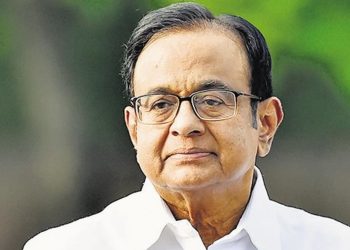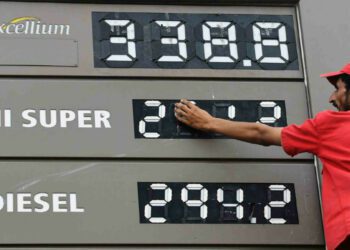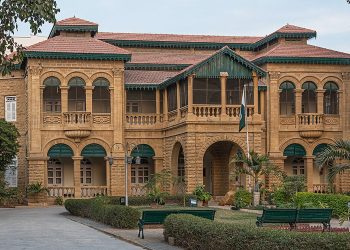The Federal Board of Revenue (FBR) has launched Pakistan’s “first-ever” artificial intelligence (AI)-based Customs Clearance and Risk Management System (RMS), aimed to improve transparency and reduce human intervention in the custom operations.
According to a statement issued by the Prime Minister’s Office, progress regarding the Federal Board of Revenue (FBR) was highlighted during a meeting held on Monday.
The valuation and classification of goods during import and export processes will be carried out using artificial intelligence and bots under the new system.
It was further explained that the risk management system will continue to improve automatically through machine learning, along with tracking the movement of goods.
The meeting was informed that during initial testing, the new system demonstrated over 92 percent improved performance. The risk management system not only selected 83 percent more goods declarations (GDs) for tax collection but also enabled 2.5 times more GDs to be cleared through the green channel.
Participants were informed that the new risk management system will enhance transparency, reduce human intervention, and provide greater ease for the business community.
It was noted during the meeting that the system will allow for swift and accurate assessment of goods and their value, resulting in time savings.
Prime Minister Shehbaz Sharif said that reforms in the FBR are among the government’s top priorities.
He added that by automating the tax system, the government aims to make it more transparent and efficient. The technology-based system will facilitate business operations and provide ease for taxpayers.
The Prime Minister also directed that the new system be made integrated and sustainable, and he commended the efforts of the officers and staff involved in the development of the new risk management system.
A meeting chaired by Prime Minister Shehbaz Sharif was also held to review the ongoing reforms in the FBR.
The meeting was informed that video analytics-based measures are being introduced to enhance tax collection in the manufacturing sector.
The Prime Minister was briefed that the system will enable tax collection in an automated and transparent manner, increasing government revenue and allowing taxpayers to pay taxes without human intervention.

































